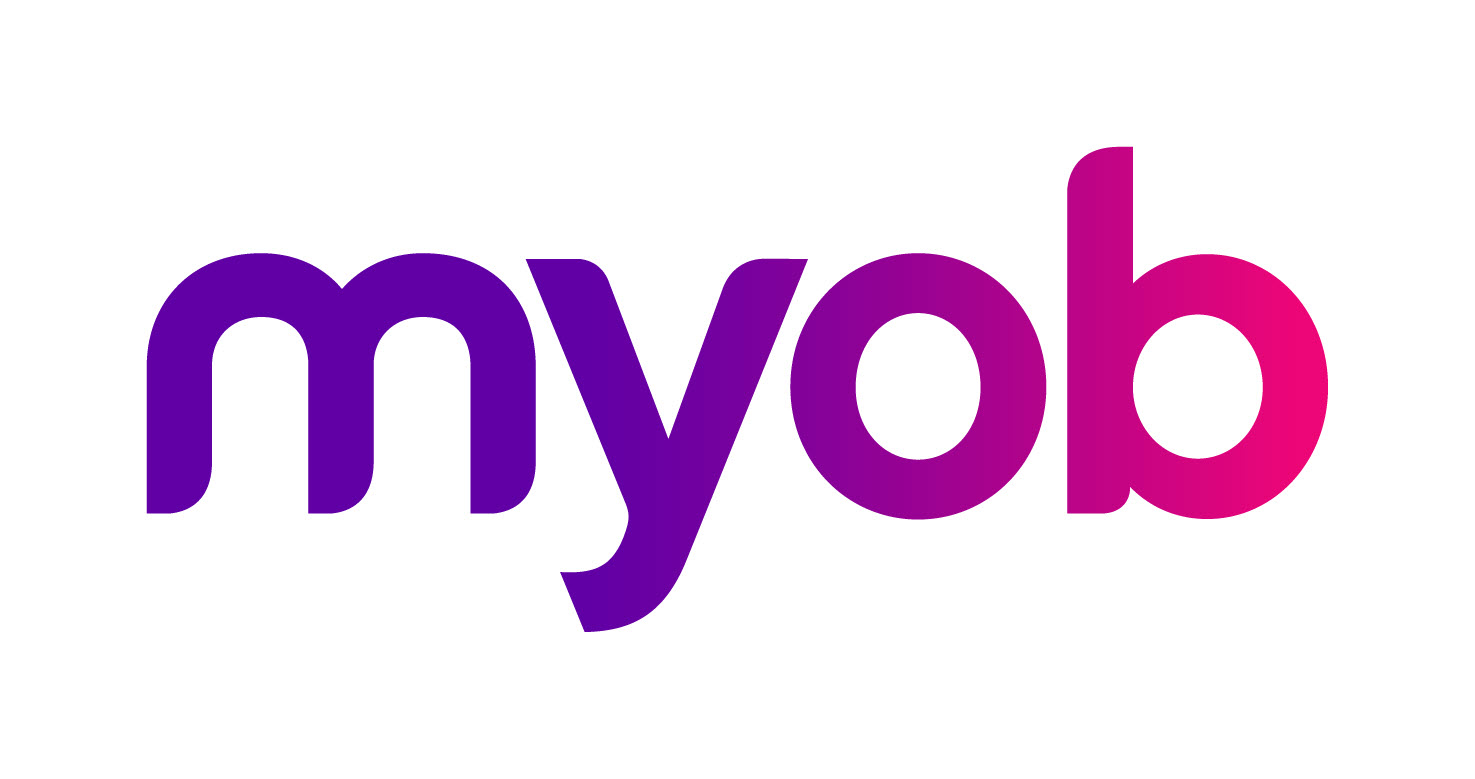Important information regarding Kiwisaver employer contributions as part of employee gross earnings (New Zealand)
Our recommendation is that the ESCT method is used as this is very clear and easy to manage. However there are some rare cases where the PAYE process may work for certain employees and we would advise before making your decision, to research the amounts and what the affects will be. Talk to the IRD about what the best method for your employee.
All employer superannuation contributions paid to a superannuation fund, including KiwiSaver schemes and complying funds, are liable for ESCT - Employer's Superannuation Contribution Tax. The exception to this is if the employee and employer have agreed to treat some or all of the employer contribution as salary or wages under the PAYE rules.
This has caused a bit of confusion as the PAYE rules and the ESCT rules are very different.
Comparing ESCT with PAYE (Salary Sacrifice) and applying the PAYE method of taxing Kiwisaver
ESCT
This is calculated as a set tax rate based on the employees total annual salary or wages (including employer contributions) for the previous tax year 1 April to 31 March. Rates are available on the IRD website.
As an example, if an employee earned $60,000 in the previous tax year April - March, all of their employer contribution for the current tax year will be taxed at a rate of 30%. NB: ESCT is taxed on the whole dollar.
This is regardless of what the employee is currently earning this tax year and will be used for all employer contributions made in the current tax year; there is no requirement to adjust the rate during the year if their gross earnings change.
If they earn more or less in this current tax year their rate will increase or decrease for the next tax year.
PAYE
If the employer and employee agree, the employee can choose to have all or part of their employer contribution included in their salary or wages and taxed at their personal tax rate.
There are a several VERY important points to note:
- Employers MUST NOT use this as a pay increase for their employees. The Superannuation Contribution must be over and above the employees contracted remuneration.
- Employees/Employers must understand that classifying the superannuation contribution as gross salary or wage can affect some or all of the following where applicable:
- Working for Families Tax Credits
- Independent earner tax credit entitlements
- Amount of child support payments
- Student loan repayments
i.e. they will pay more Student Loan and Child Support as their gross pay is higher.
- They may not be eligible for tax credits and entitlements if the additional amount added to their gross pushes them over the eligible threshold.
- With the PAYE method the amount of employer superannuation is included in the gross paid for tax purposes and the value has to be excluded from the gross pay for the purposes of valuing leave. If the employer contribution value isn't excluded this will increase the value of Holiday & RDP calculations, incorrectly valuing leave.
- Paying this via the PAYE method means that when you file the IR345 the ESCT component will show as missing which may prompt the IRD to contact you to find out why. You will need to confirm from IRD how the employer should show that you are paying the Employer Super as part of the Gross.
More information can be found on the IRD website here:
www.ird.govt.nz/payroll-employers/make-deductions/deductions/super-contributions/esct.html
Need more help? You can open the online help by pressing F1 on your keyboard while in your software.
You can also find more help resources on the MYOB Exo Employer Services Education Centre for Australia or New Zealand.
